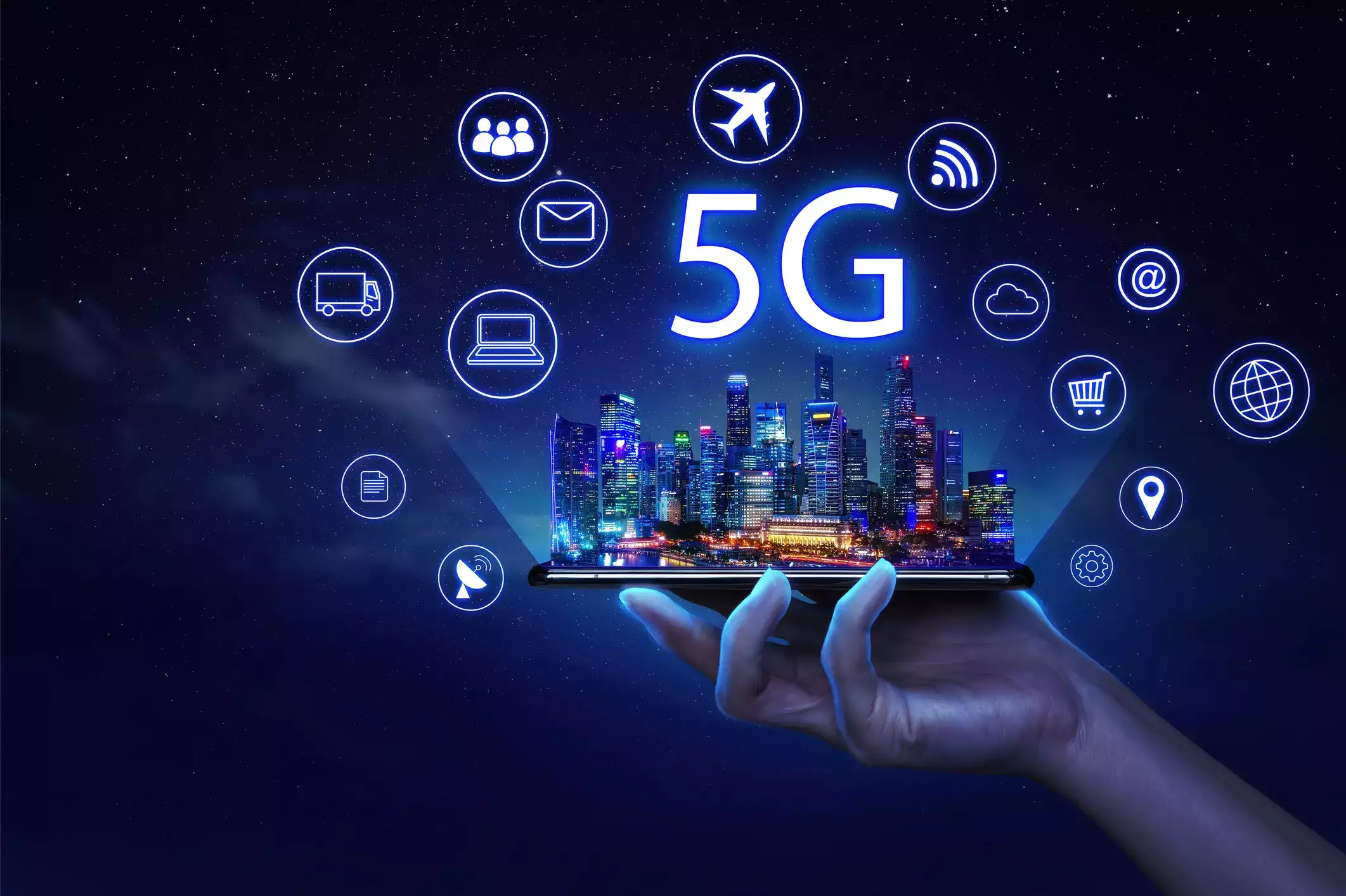5G is going to change the world as we know it. This guide will teach you everything you need to know about 5G, from what it is to how it works to when you can expect to see it in your area. We'll also discuss the potential implications of 5G and what this new technology could mean for the future of our economy and society. So whether you're a business owner who wants to stay ahead of the curve or just an everyday citizen who's curious about the next big thing, read on for all you need to know about 5G.

What is it?
So what exactly is this newfangled technology that everyone's talking about? In short, it's the next generation of cellular network technology. Whereas our current cellular networks operate on a frequency of around 700 MHz, the new standard for fifth-generation (or "superfast") wireless will be around 30 GHz. This means that data will be able to travel at much higher speeds and with far less latency than ever before.
What underlying technologies make up 5G?
One of the most important underlying technologies for fifth-generation networks is called millimeter wave technology. This refers to the fact that data will be transmitted over very high-frequency waves that are just a few millimeters long. These waves have never been used for commercial purposes before, but they offer a number of advantages in terms of speed and capacity.
Another key technology is called massive MIMO. This stands for multiple inputs and multiple outputs, and it refers to the fact that there will be many more antennas in use with a fifth-generation network than there are with current networks. This will allow for more data to be transmitted and received at the same time, which again leads to higher speeds and lower latency.
How does it work?
The key to understanding how this new technology works is to understand the difference between frequency and bandwidth. Frequency is the number of waves that pass a given point in a given period of time, whereas bandwidth is the width of those waves. In other words, the higher the frequency, the more data can be carried by the waves.
To put it more simply, think of frequency as the size of the pipe and bandwidth as the amount of water that can flow through that pipe. The higher the frequency, the wider the pipe, and the more data that can flow through it.
What does this mean for us?
The potential implications of this technology are truly staggering. With download speeds of up to 20 gigabits per second, you'll be able to download an entire HD movie in just a few seconds. And with such low latency, virtual reality becomes one of the most exciting applications for 5G. Using a 5G connection, users can stream high-quality VR content with little to no lag. This opens up new possibilities for immersive gaming, education, and entertainment experiences. In addition, 5G is also being used to enable remote surgery, connect autonomous vehicles, and power smart cities. As 5G technology continues to be developed and deployed, we can expect to see even more innovative uses for this transformative technology.
Where is 5G being used?
The first commercial deployments of fifth-generation wireless technology occurred in 2020, and there are already a number of pilot programs underway in cities around the world. In the United States, AT&T is currently testing fifth-generation technology in a number of cities, including Atlanta, Austin, and Charlotte. Similarly, Verizon is conducting trials in Sacramento and Los Angeles. And in South Korea, the three major wireless carriers—KT, LG U+, and SK Telecom—have all launched commercial services in the city of Busan.

Conclusion
So there you have it—everything you need to know about fifth-generation wireless technology. As you can see, the potential implications are truly staggering, and we're only just beginning to scratch the surface of what this new technology can do. So whether you're a business owner who wants to stay ahead of the curve or just an everyday citizen who wants to be prepared for the future, it's important to stay informed about all things related to fifth-generation wireless.

